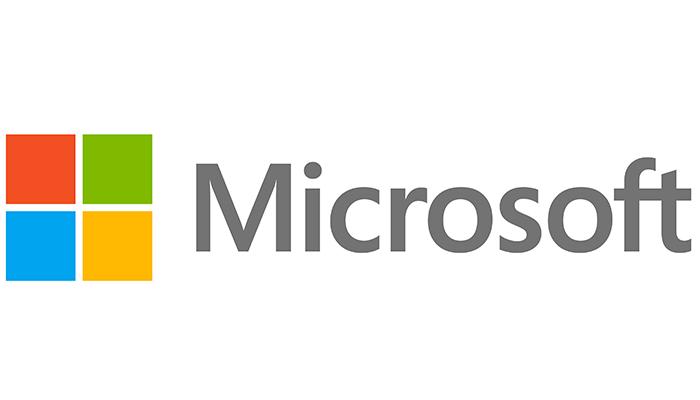
Microsoft ends support for Windows Server 2003
Microsoft has officially ended support for its Windows Server 2003 seven months after it announced the planned move across users of the 13-year-old operating system worldwide. Customers will now have to modernize their infrastructure and applications by migrating to Windows Server 2012 R2, Microsoft Azure and Office 365. Those still running Windows Server 2003 and their customers will face significant security and compliance risks that could prove more costly than an initial migration, since they will no longer receive security patches or updates.
The move is part of Microsoft’s support lifecycle policies and it applies to all versions and SKUs of the Windows Server 2003 products, including Small Business Server and Windows Storage Server. Microsoft as well as most of its partners will continue to assist customers with their migrations from Windows Server 2003.
Migrating IT infrastructure will guarantee customers protection for their servers with continued security updates and patches from Microsoft. More than that, by taking advantage of the new Windows Server, Microsoft Azure and Office 365, customers will be able to go beyond the resources of their on-premises datacenter to protect servers with continued security updates and patches from Microsoft and reduce server sprawl with best in class virtualization and hybrid cloud capabilities.
Cameron Collins, Product Marketing Manager–Cloud Enterprise. Microsoft Gulf said “Customers now have an opportunity to add significant business value to their organizations by migrating to more modern platforms and technologies whether on-premise or in the cloud via Windows Server 2012 R2, Microsoft Azure and Office 365. While Microsoft ended support of Windows Server 2003 on July 14, there are actions that customers can and should take today to avoid risking the integrity of their IT. By migrating either to the cloud or to the latest version of Windows Server, customers can ensure that they have access to enterprise-grade state of the art features and technology innovation.”
This move will help businesses gain efficiencies and improve innovation with the choice of deploying workloads and applications on-premises or in the cloud. It will also help boost employee productivity while reducing burden on IT.
“We expect SMEs to see significant improvements in how they run their business with the upgrade, from less down time to being more responsive to business needs and getting more done at significantly reduced costs.” He added
Retiring a product is a normal part of the product lifecycle. Windows Server 2003 was released in April 2003 and while most Microsoft software is supported for 10 years, Windows Server 2003 has been supported for almost 12 years. The world has changed since Windows Server 2003 was first deployed.
Enabling the Move to the Cloud Platform
Microsoft has worked to ease the migration for customers in several ways that include providing training and tools to partners around the world to build capacity and capability to manage complex projects, especially those involving server and application migrations.
It also launched the Windows Server 2003 end of support countdown website which has been providing customers with guidance for the entire migration process along with information about the services and tools available, and provides these services, from assessment and training, through to comprehensive platform migration services and risk management, help customers prepare for a mobile-first, cloud-first world.
Microsoft experts are available to help organisations analyze their Windows Server 2003 workloads and generate a summary report showing recommendations and Microsoft partner offerings.
Organisations moving their applications and other workloads to the public cloud can choose Microsoft Azure, an open and flexible cloud platform that enables organisations to quickly build, deploy and manage applications across a global network of Microsoft-managed datacenters. App developers can build applications using any language, tool or framework, with the ability to also integrate these public cloud applications with the existing IT environment.
Businesses running email and communications workload on Windows Server 2003 can move to Office 365, a cloud-based productivity and communications service that include access to Office applications plus other productivity services, such as Lync web conferencing and Exchange Online hosted email for business, and additional online storage with OneDrive and Skype.



























